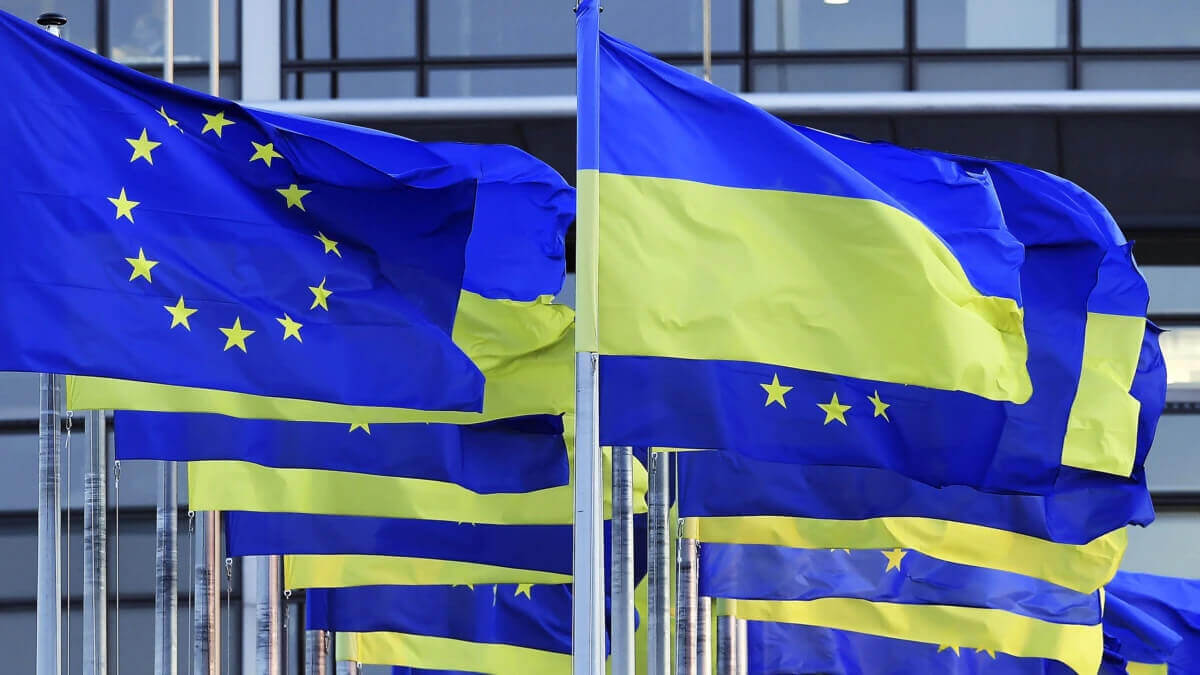Sweden’s Presidency of the EU confirmed on Tuesday that the bloc had dispatched the first $4 billion tranche of its $19 billion aid to Ukraine in 2023.
Swedish Finance Minister Elisabeth Svantesson celebrated the development as an example of the bloc’s success when its members remain united. “We all know that [in] Ukraine, they fight also for us,” Svantesson noted.
Svantesson’s statement confirmed European Commission President Ursula von der Leyen’s announcement, wherein she said the $19 billion is dedicated to “macro-financial support.”
Celebrating the release of aid, Ukrainian Finance Minister Sergiy Marchenko said the funds were delivered “on unprecedentedly concessional terms for Ukraine.” He additionally expressed gratitude to the EU for helping Ukraine protect its financial stability.
Helping Ukraine meet its financing needs to face the Russian aggression is both crucial and urgent.
— Ursula von der Leyen (@vonderleyen) January 16, 2023
The Commission is acting with utmost speed and determination:
Tomorrow, we will already disburse the first 3 billion € of the 18 bn macro-financial support agreed in December. pic.twitter.com/fFl7F1mhMQ
Von der Leyen at WEF
On the same day, von der Leyen also brought up the Ukraine war at the World Economic Forum (WEF), where she applauded the first tranche as necessary to help Kyiv pay government salaries and pensions and support civilian infrastructure like hospitals, schools, and houses.
She said that the resilience of the eastern European country has “stunned the world” despite predictions that it would “fall in a matter of days” when the Russian invasion began in February last year. She applauded Ukrainians’ resolve to oppose Moscow even through the “brutal winter.”
The EU official reassured that “Europe will always stand with [Ukraine].”
She said that despite speculation about the bloc’s commitment to aiding Ukraine, European countries are providing “critical weapons,” housing refugees, and imposing sanctions against Russian officials.
🪙 #Ecofin | 🎥 Statement by Minister for Finance @ElisabethSvan ahead of today’s Economic and Financial Affairs Council ⬇️ #EU2023SE pic.twitter.com/AHYvHrl7zq
— Swedish Presidency of the Council of the EU (@sweden2023eu) January 17, 2023
Von der Leyen also spoke of the EU’s success in reacting to the war, citing the bloc’s success in replacing 80% of its Russian gas supplies, making it less susceptible to Russian President Vladimir Putin’s “market manipulation.” To this end, she said its ability to reduce reliance on Russian exports is evidence of “the power of [the EU’s] collective will.”
Hungary’s Veto
This aid programme was riddled with controversy until it finally got approved in December.
Until then, Hungarian PM Viktor Orbán had been leveraging his veto power and blocking the $19 billion aid programme for Ukraine to pressure members into releasing recovery funds to Budapest, which were blocked over concerns about Hungary’s commitment to democratic principles and institutions.
The EU requires unanimous support from all 27 members to pass policies. While the bloc attempted to take an alternate route to passing the Ukraine package by drafting a proposal that required guarantees from just 26 members, they decided against the plan to maintain unity. Consequently, Budapest convinced the EU to reduce the frozen funds from $7.8 billion to $6.65 billion in exchange for lifting its veto on critical resolutions such as the Ukraine aid package.

